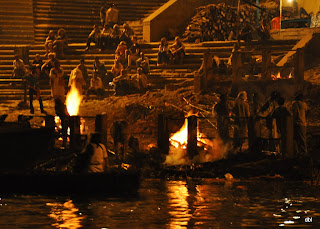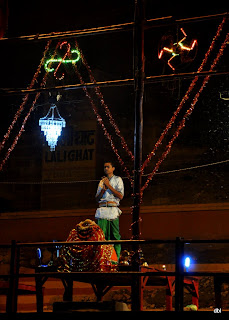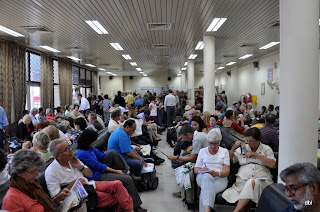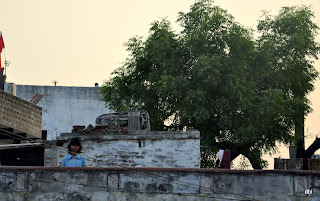Jim Geraghty writes:
Those who voted for Obama won’t call him stupid, and certainly don’t accept that he’s evil. But they have seen grandiose promises on the stimulus fail to materialize, Obamacare touted as the answer to all their health care needs and turn out to be nothing of the sort, pledges of amazing imminent advances in alternative energy, and so on. He seemed to think that reaching out to the Iranians would lead to a change in the regime’s behavior and attitudes. He was surprised to learn that shovel-ready projects were not, in fact, shovel-ready. He was surprised to learn that large-scale investment in infrastructure and clean-energy projects wouldn’t great enormous numbers of new jobs. He’s surprised that his past housing policies haven’t helped struggling homeowners like he promised. He’s surprised that his signature health-care policy has become as controversial as it has. The “recession turned out to be a lot deeper than any of us realized.” When a woman says her semiconductor engineer husband can’t find a job, Obama says he’s surprised to hear it, because “he often hears business leaders in that field talk of a scarcity of skilled workers.”
The poor guy. He’s always getting blindsided.
Geraghty recommends this narrative as a winning formula for Republicans in the general election. Most Obama voters are unwilling to believe that they completely misjudged the character of their candidate and will stubbornly vote for him again, but they are willing to vote against incompetence and naivete.
Read the whole thing here.
Those who voted for Obama won’t call him stupid, and certainly don’t accept that he’s evil. But they have seen grandiose promises on the stimulus fail to materialize, Obamacare touted as the answer to all their health care needs and turn out to be nothing of the sort, pledges of amazing imminent advances in alternative energy, and so on. He seemed to think that reaching out to the Iranians would lead to a change in the regime’s behavior and attitudes. He was surprised to learn that shovel-ready projects were not, in fact, shovel-ready. He was surprised to learn that large-scale investment in infrastructure and clean-energy projects wouldn’t great enormous numbers of new jobs. He’s surprised that his past housing policies haven’t helped struggling homeowners like he promised. He’s surprised that his signature health-care policy has become as controversial as it has. The “recession turned out to be a lot deeper than any of us realized.” When a woman says her semiconductor engineer husband can’t find a job, Obama says he’s surprised to hear it, because “he often hears business leaders in that field talk of a scarcity of skilled workers.”
The poor guy. He’s always getting blindsided.
Geraghty recommends this narrative as a winning formula for Republicans in the general election. Most Obama voters are unwilling to believe that they completely misjudged the character of their candidate and will stubbornly vote for him again, but they are willing to vote against incompetence and naivete.
Read the whole thing here.

























































